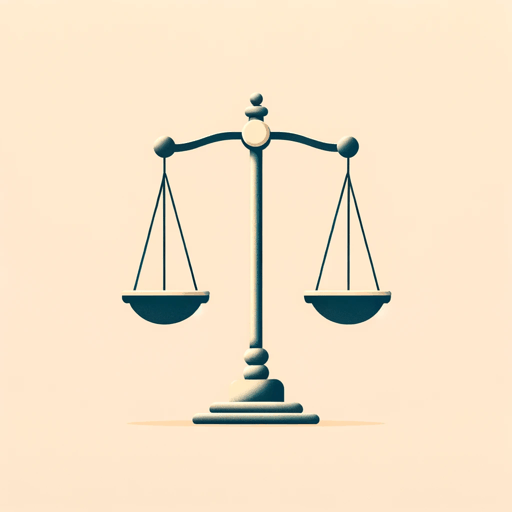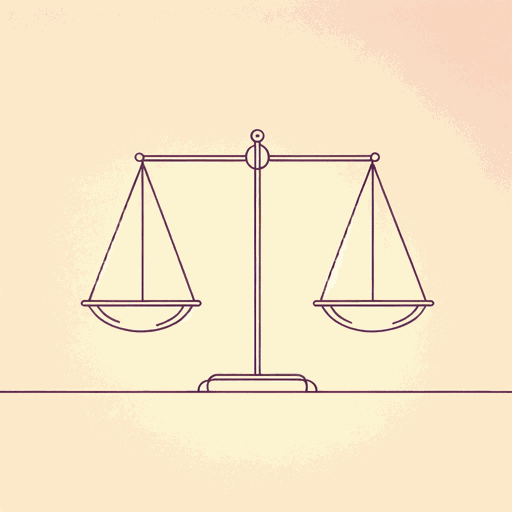50 pages • 1 hour read
John RawlsJustice as Fairness: A Restatement
Nonfiction | Book | Adult | Published in 2001A modern alternative to SparkNotes and CliffsNotes, SuperSummary offers high-quality Study Guides with detailed chapter summaries and analysis of major themes, characters, and more.
Background
Philosophical Context: Theories of Justice
Defining justice is one of the oldest and thorniest problems in the history of political philosophy. One source of the difficulty is that acting justly depends entirely on circumstances. A brave person always shows courage, and a wise person is always knowledgeable, but a just person always has to strike a balance between competing goods, and so justice manifests itself on a case-by-case basis. King Solomon, the biblical figure most closely associated with justice, famously responds to two women claiming ownership over a baby by ordering the baby to be cut in half, but only because he knows which reaction to anticipate from the real mother. It is hardly a template for just behavior in other situations. Another challenge is that justice is distinct in its applications to an individual as opposed to a community. Unlike virtues such as courage or wisdom, which a community may boast so long as enough individuals exhibit its qualities, the community as a whole must exercise judgment on matters that, at least under a centralized legal system, it does not extend to the individual. A person may be fair or prudent in their treatment of their fellow human beings, but it is normally not their purview to punish crimes or resolve legal disputes.
Related Titles
By John Rawls



